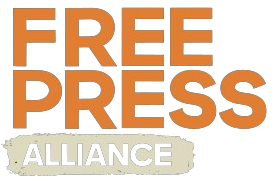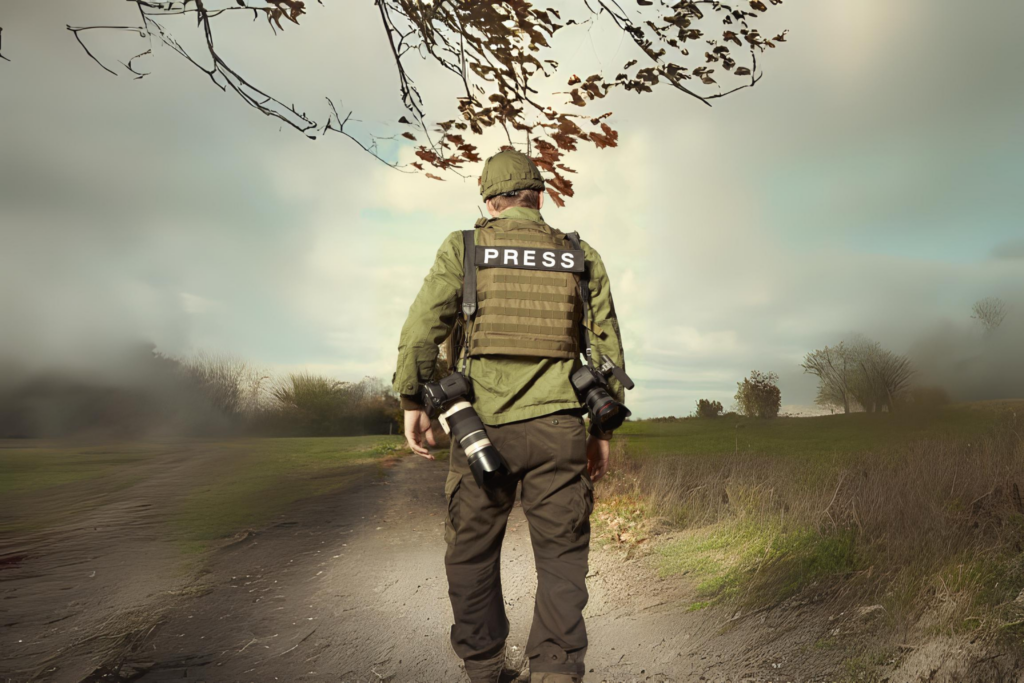Journalists working in conflict and war zones face significant risks daily. Ensuring personal safety is paramount for effective reporting. This guide outlines essential safety tips that can help journalists protect themselves while covering dangerous situations.
1. Undergo Hostile Environment Training
Before heading into a conflict zone, journalists should complete Hostile Environment Training (HEFAT). This specialized training covers:
– Handling risks like kidnapping and weapon encounters
– Emergency medical response
– Survival techniques
Benefits of HEFAT
Training equips journalists with the skills needed to navigate challenging environments safely, reducing risks significantly.
2. Conduct Thorough Pre-deployment Research
• Understand the Conflict: Research the local dynamics, key factions, and historical context of the conflict. Understanding the area can help you assess potential dangers.
• Legal Protections: Familiarize yourself with legal protections for journalists in conflict zones, such as the Geneva Conventions, which safeguard your rights.
• Cultural Sensitivity: Know local customs and language to build rapport and avoid misunderstandings that could escalate tensions.
3. Equip Yourself with Proper Personal Protective Equipment (PPE)
• Essential Gear
Invest in high-quality body armor and a helmet rated for conflict zones. Additional gear may include:
• Gas masks for chemical exposure
• Protective goggles to shield against debris
• Carry a Medical Kit: A personal first-aid kit with trauma supplies is crucial. Knowing how to use it effectively can save lives.
4. Prioritize Travel Safety
• Use Secure Transport: Travel with trusted drivers who know safe routes. Avoid military vehicles to minimize risk.
• Stay Mobile: Do not linger in one place. Constant movement can help reduce your chances of being targeted.
5. Manage Risks While Reporting
• Blend In with Locals: Dress conservatively to avoid drawing attention. Blend in with the local population to increase your safety.
• Maintain Situational Awareness: Stay alert and aware of your surroundings. Recognizing potential threats early can help you avoid dangerous situations.
• Avoid Unnecessary Risks: Evaluate whether a story is worth the risk. Your safety should always come first.
6. Handle Hostility with Care
• Stay Neutral: Maintain neutrality to avoid becoming a target. Avoid showing favoritism towards any group involved in the conflict.
• Know Your Escape Routes: Identify exit strategies in various locations, including checkpoints and public events.
7. Protect Your Digital Security
• Use Encrypted Communication: Utilize encrypted apps like Signal or ProtonMail for secure communication. Assume all digital channels may be monitored.
• Safeguard Sources: Protect the identity of your sources by using secure methods of communication and erasing metadata from photos and videos.
8. Address Mental Health Needs
• Recognize Psychological Impact: Reporting in conflict zones can lead to emotional distress. Be aware of the psychological toll and seek support when needed.
• Take Breaks: Regular breaks can prevent burnout and help maintain mental clarity.
9. Stay Connected
• Reliable Communication Devices: Use satellite phones and keep backup batteries on hand. Establish a check-in system with your team or loved ones.
• Tracking Devices: Consider using GPS trackers for added security. These devices can help locate you in emergencies.
10. Ensure Proper Insurance Coverage
• Comprehensive War Zone Insurance: Secure war zone insurance that covers medical evacuation, injuries, and other risks associated with reporting in conflict areas.
• Update Legal Documents: Ensure your will and other legal documents are current before deployment.
11. Build Local Networks
• Work with Trusted Fixers: Local guides or “fixers” can provide invaluable insights and navigate complex situations, enhancing your safety.
• Establish Relationships: Develop a network of reliable local contacts who can offer support and information.
12. Post-Deployment Support
• Debriefing Sessions: After your assignment, engage in debriefing to discuss experiences and lessons learned.
• Mental Health Resources: Seek professional help if you’ve experienced trauma or stress during your deployment.
Covering conflict zones requires extensive preparation and vigilance. By following these safety tips, journalists can protect themselves while effectively reporting on critical issues. Your safety should always come first.

